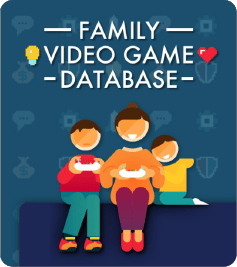Should you be worried?
As is the case with many types of technology, many people have misgivings about the future of AI and the negative impact it could have on our lives. Commonplace questions asked include: “Will AI take over our jobs?”, “Will my privacy be compromised?” and even “Will we develop non-human minds that outnumber humans and take over the world?”
There are also fears that AI is making it easier for cybercriminals to commit fraud. It is true that this is the case, but the same applies to forged banknotes and stolen cheques. To balance these fears, we should add that AI is also used extensively in fighting crime.
One of the recent advances that has fuelled these fears is the rise of generative AI, a development that makes it straightforward for anybody to use a publicly available website such as ChatGPT (there are also many others) to create virtually any type of content or get the answer to any question simply by typing commands. This has given many people in their personal, work and student capacities, at first hand and for the first time, a hint of the power of AI.
In brief, AI is the latest in a long line of technologies designed to improve and streamline the way certain things are done. We should be no more nervous about it than we were about its forbears.
However, as is the case with all technologies, there are aspects we need to be aware of – and sensible precautions we should take – to ensure we can enjoy the many benefits of AI with safety, security and confidence.
Top tips for using AI safely
- It is easy to become too reliant on AI to perform various tasks which should be carried out by yourself. Student essays / dissertations and creative schoolwork are just two examples (AI could help you to achieve better grades when you are actually not using your own skills, which could mislead until you take exams, enrol on further courses or seek employment).
- The outputs of generative AI platforms are only as good as the information they have acquired and learned. Always check other sources for accuracy.
- In common with our advice on many things you do online, we advise you to not reveal unnecessary personal or otherwise confidential information about yourself, your family, friends or finances, as this may appear in the results of other users’ instructions or queries.
- Also as we always advise, be respectful. What you enter into an AI-based or assisted platform stays there and could be used in some capacity.
- Always maintain vigilance for attempts at fraud or identity theft. AI is already being utilised by cybercriminals to impersonate legitimate people or organisations (including voice tracks, video and two-way conversations), so ask yourself if a request for money or information seems right.
- Always regard AI as a tool, not a replacement for your own or others’ talents, intelligence or qualities.
We gratefully acknowledge the assistance of Calum Mackenzie of AI Strategy in compiling this advice









































